Those who have set foot in China in recent years will know: it can be difficult to spot a motorcycle run on gasoline. Across the cities, there are >120m electric-bikes zipping around in numbers.
Electric car sales in China are currently miniscule, said Jeff Schuster, an industry analyst with LMC Automotive. Out of 18 million passenger vehicles sold in China last year, just 22,000 were plug-ins. That number is expected to grow to 60,000 next year, however. CNN August 2013
Can they pull off the same with cars? … perhaps Tesla Motors can stimulate this shift with the nifty Model S.
Also, see New-energy vehicle policy shifts gears in the China Daily (September18, 2013)
– – –
China unveils a new round of electric car subsidies
Source – BBC, published September 18, 2013
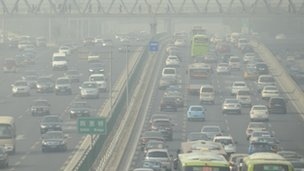
China has unveiled a new round of subsidies for fuel-efficient vehicles in a bid to combat rising air pollution in its major cities.
The government will provide up to 60,000 yuan (£6,160; $9,800) to buyers of all-electric, “near all-electric” and hydrogen vehicles until 2015.
The policy is expected to boost Chinese automakers such as as BYD, which makes electric cars and batteries.
However, the programme does not include gasoline-electric hybrid cars.
Please click here to read the entire article at the BBC online.
Read the rest of this entry »
Filed under: Automotive, Beijing Consensus, Charm Offensive, China Dream, Chinese Model, Climate Change, Culture, Domestic Growth, Environment, Government & Policy, Ideology, Influence, Modernisation, Peacekeeping, Politics, Public Diplomacy, Reform, Resources, Strategy, Technology, The Chinese Identity, Trade, Transport
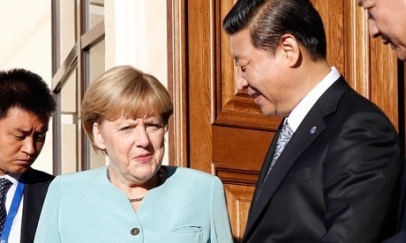


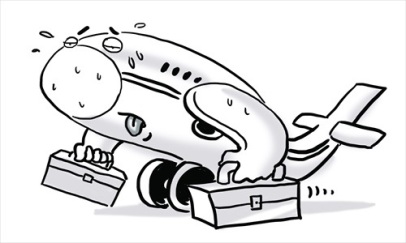







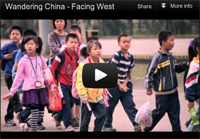

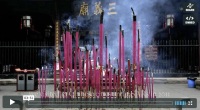



The Sharing Circle